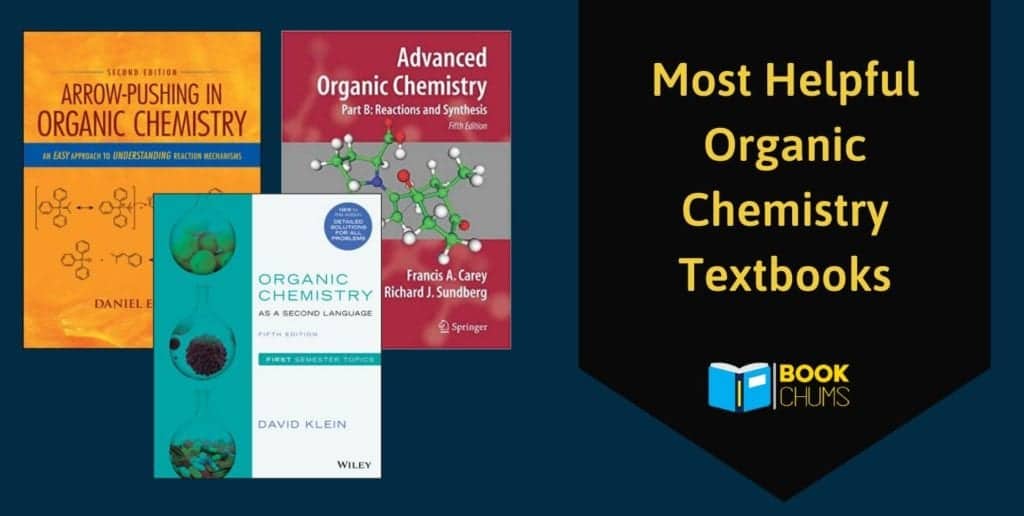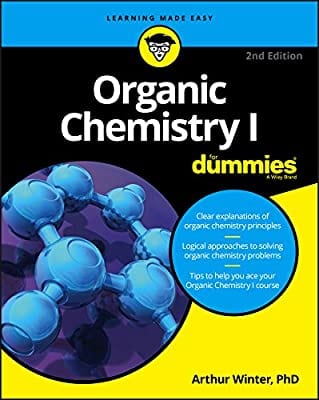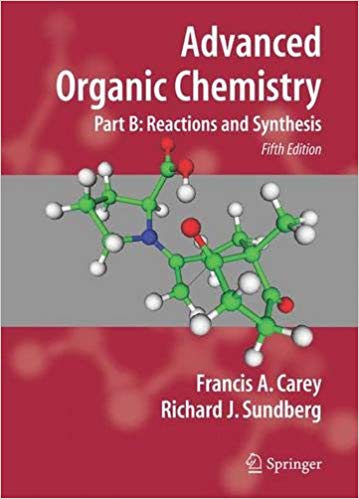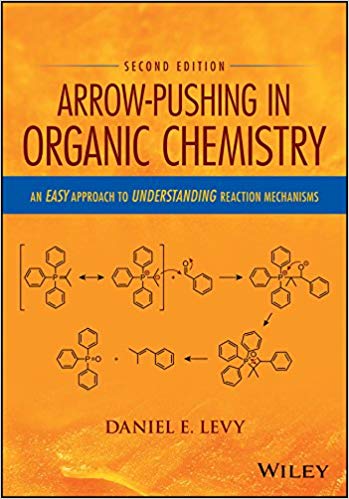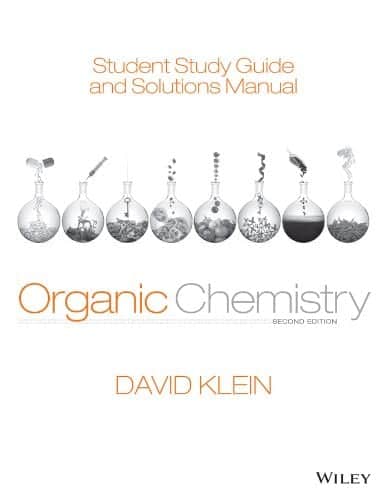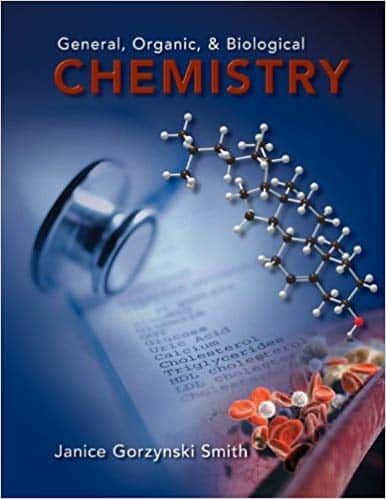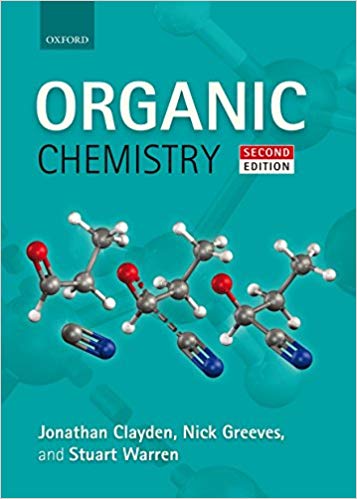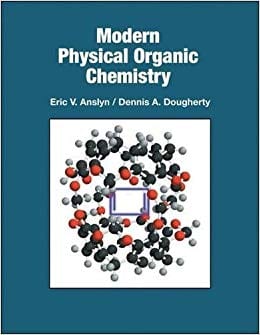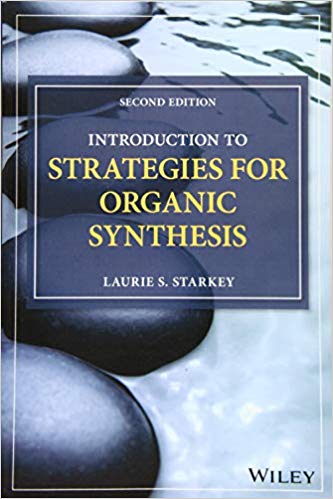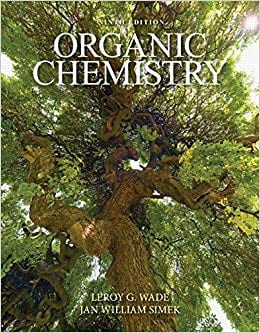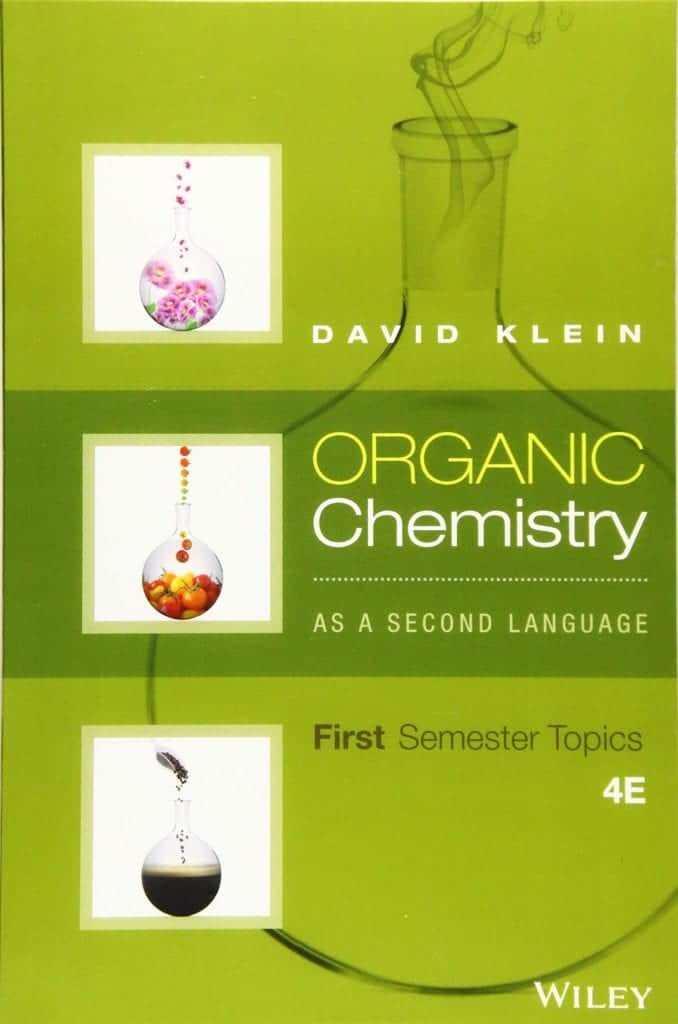Chemistry is a wonderful subject for the ones who are really interested in it. But others who have trouble even remembering the elements on the periodic table are really tired of the subject. Remembering reactions and balancing equations aren’t really the things that people are fascinated by. It is really hard to follow chemistry during your scholastic years and the worst part about it is organic chemistry.
Organic chemistry basically consists of hydrocarbons and their reaction with nitrogen and oxygen. And it can be really hateful for the people who can’t even remember these elements that make up organic chemistry. This is a really powerful and important side of chemistry if you can understand it and it’s the worst part of chemistry if you can’t seem to work on it.
Some students need reference books to get help for their current academics and some other students need help from other books on chemistry for competitive examinations. So here are some books that may help you greatly.
Top 10 Organic Chemistry Textbooks For Your Reference
Organic Chemistry I for Dummies
The author of this book is Dr. Arthur Winter (Ph.D.). This book shows sympathy to high school students following on the fact that discipline really feels formidable to a teenager and it explains and writes everything in a way that it seems understandable by a person who isn’t really interested or even skilled in chemistry.
It also has an ancillary workbook that helps students a little extra after going through the subject matter and it is a decent primary book for high school students. And due to the understandable and easy-to-learn method of texts, the book becomes easy for all types of students and explains everything in deepest details for everyone to grasp.
Advanced Organic Chemistry Part B
This book is written by Francis A. Carey and Richard A. Sundberg. This book can give its readers, great insights into organic chemistry and would definitely help a brilliant mind into something with utmost proficiency with the help of their knowledgeable content.
It carries a lot of information and it is really helpful for people really interested in learning and understanding organic chemistry. Although it is a part of a series it is powerful enough to stand alone. It has a lot of references and is also revised quite frequently but it lacks answer keys which are a downside and isn’t very helpful to the ones that aren’t really great at organic chemistry and need some extra attention.
Arrow-pushing In Organic Chemistry
This book is written by Daniel E. Levy. It is a great book when we discuss the power of its content and it talks mostly about the basics of organic chemistry and helps its reader in understanding organic chemistry in such a way that it doesn’t require much-dreaded memorization.
It uses electron-pushing methods to help the reader in reducing the amount of hard to understand ideas and rather makes studying fun, interactive and informative. It is quite great for visual learners and promotes the use of predictive strategies. Although a downside to this book is that its methodology isn’t really helpful for all types of readers and scholars.
Organic Chemistry Student Solution Manual & Study Guide
This book is written by David Klein. This book takes up on a skill-based approach rather than just theoretical knowledge and also covers everything that is covered in other books on organic chemistry. Instead of working on the whole set of organic chemistry, it works greatly on developing the basic skills required for succeeding in organic chemistry.
There are numerical problems present in the book in a manner that each advancing problem increases the difficulty with a simple level and introduces another concept one by one. It covers a lot of colored figures and diagrams and helps the reader in understanding different shapes and types of chemical bonding and the existence of polar bonds. The explanations of every concept are given in a point to point manner and like other great books, it presents numerous problems to help the scholar in developing the skillset.
General, Organic, & Biological Chemistry
This book is written by Professor Janice Gorzynski Smith. By the medium of this book, the author helps in providing a great link between all these three fields of chemistry and how they are accommodated in our day to day life. She tries to provide all the information in short and simple words and even tries to introduce problem-solving in a step by step manner.
It accommodates as less textual content in the book as possible in the form of paragraphs and instead uses illustrations that are highly detailed and makes it easier for the reader to understand the content. A downside to this book is that it isn’t very comprehensive.
Oxford Organic Chemistry
The authors of this book are Jonathan Clayden, Nick Greeves, and Stuart Warren. This book is equipped with the best knowledgeable content and a comprehensive mechanism of data about Organic chemistry. It helps its readers grow a great understanding of this field of Chemistry and provides information that is entirely useful for us in analyzing and recognizing organic compounds.
The authors also explain the reasons behind the reactions and also the knowledge providing insights on the advancements of each reaction. It’s not very interesting but it provides abbreviated content and the chemical structures are fairly color-coded in its illustrations.
Modern Physical Organic Chemistry
This book is written by Eric Anslyn and Dennis Dougherty. It connects the concepts of physical and organic chemistry. It connects critical fields of physical and organic chemistry and even provides you information on the advancements and discoveries in the field of Organic chemistry along with the latest ones.
It starts with MOT, which helps in the understanding of concepts in the construction of Molecular Orbitals and energy distribution between them. This book covers a lot of physical chemistry as well and though it might not be recommendable for a high school student it is quite helpful for the students pursuing under graduation.
Introduction to Strategies for Organic Synthesis
This book is written by Laurie S. Starkey. It helps in the smooth change of intermediate knowledge of the subject to fairly advanced content in the given field. This book majorly helps the reader or chemist to understand the characteristics of functional groups and their reactivity and also the different reagents used for different groups.
It is basically an introduction course to the advanced level of organic chemistry and provides insights into its fundamental concepts. It provides a lot of problems along with their solutions for practice but it isn’t of any use to beginners in this field as it provides advanced knowledge and a certain level of content.
Organic Chemistry
This book is written by Leroy G. Wade and Jan William Simek. By the medium of this book, the author provides wonderful insights to help the reader build a strong and firm base for organic chemistry for even the ones who aren’t so passionate about this subject. The author tries to accommodate all the information in the book in a very easy and relatable language.
The author tries to explain all the functional groups and their derivatives in the simplest language possible. It has a great skill-building problem set and a huge number of examples related to real life, like pharmaceuticals and much more, and helps the reader in understanding the concept better, using pictures and diagrams.
It is great for students as well as their teachers. It even provides insights on how to use these concepts in real life.
Organic Chemistry as a Second Language
This book too is written by David Klein and is a very powerful piece of work. It is best for the students starting their undergraduate education and need to refresh or rebuild their basic concepts.
This book provides explanations for every single concept in a direct way. It doesn’t get into dizzying details to confuse the reader but instead, it simply explains the most basic concepts in the field of organic chemistry and provides easy relevance to grasp the topic in an easy way. It is easy to read and contains enough numerical problems to practice. It helps in building a better studying mechanism with high efficiency.
I hope this content helped you in finding your ideal book to gain knowledge in the field of Organic Chemistry and this list of Organic Chemistry Textbooks is built by me according to my personal preference. If the content was helpful, please leave a comment below or like our post. Also, any constructive criticism is extremely welcome in the comment section.

